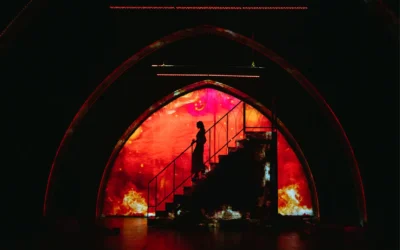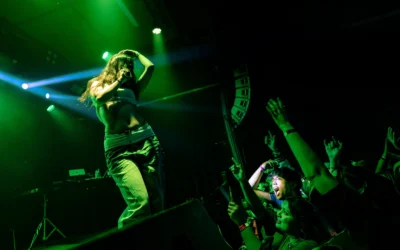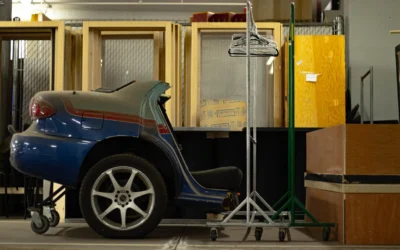If you’ve ever experienced explosive emotions that lead to long drives with intense music blaring in the background, the show “Baby” might be your cup of tea.
This Italian Netflix show has caused tons of hype, but not because of emotional driving scenes. Rather, the show centers around Chiara (Benedetta Porcaroli) and Ludo (Alice Pagani) who attend an elite high school in Rome’s posh neighbourhood called Parioli. Chiara seems like an angel with ambitions of attending a prestigious American school, while Ludo is more of the sensitive bad-girl type.
Amidst different subplots mingling together is the girl’s mutual crush on Damiano (Riccardo Mandolini), who is a wealthy bad boy with a big heart. Chiara and Ludo’s opposite personalities cause a magnetic bond between the girls, which intensifies when they stumble into the world of teen prostitution. Meanwhile, their parents are too wrapped up in their own dysfunctional love lives to realize that their little girls are growing up (in a rather unusual way).
The idea of seducing men to shop for Fendi shirts might seem appealing to some, but what’s portrayed on screen would most likely come with an emotional price tag. The series is loosely based on an Italian scandal referred to as Baby Squillo, which started when two teenagers (aged 14 and 15) who lived in Parioli searched up “easy money” on Google. This led them to meet their pimps and crawl inside the world of illegal prostitution to buy designer goods. You can think of this twisted case in many ways, but what’s really shocking is that the real-life case included the younger girl’s mother forcing her into working instead of doing homework, so that the teenage girl would help pay the bills.
Of course, this show is the subject of intense controversy because many individuals and institutions (like the National Center on Sexual Exploitation) believe that “Baby” glamourizes teenage prostitution. It’s hard to truly analyze how seeing glossy images of shopping sprees and luxury restaurants might influence some viewers. Some could romanticize the idea of selling your body, while others could glance past it. What is quite obvious is that teenage prostitution becomes the driving force of the plot, but almost loses the audience by gliding over the complexity and emotional damage associated with real sex trafficking.
Instead, “Baby” connects the hard-to-digest idea of sex rings into a gut-wrenching story of the secret world of lost teenagers who are trying to cope with their complicated home and school lives. Including an emotional rollercoaster is quite effective, but the show fails to connect many of their emotional scenes to the effects of teenage prostitution. However, the show portrays meaningful friendships, first loves, and a search for self-identity in a rather believable manner. If you feel like going on a thrilling roller coaster, watch every episode of “Baby” and see whether it makes you want to Google “easy money” to sell your body.





0 Comments